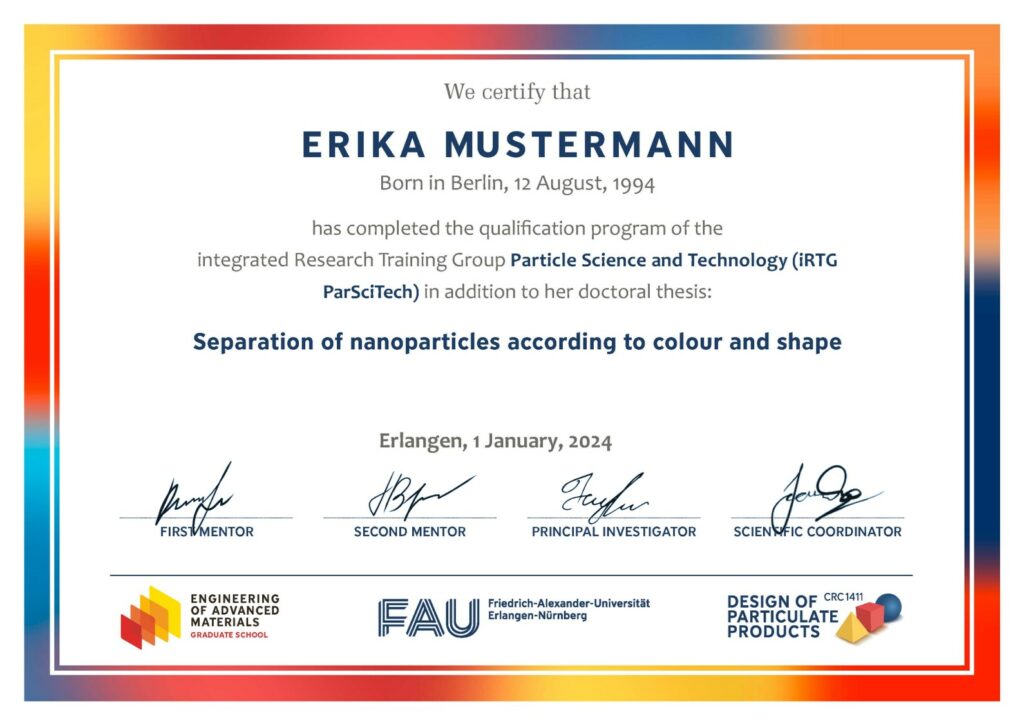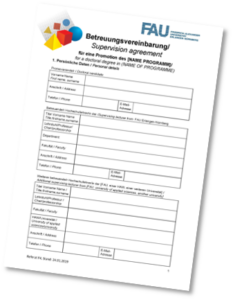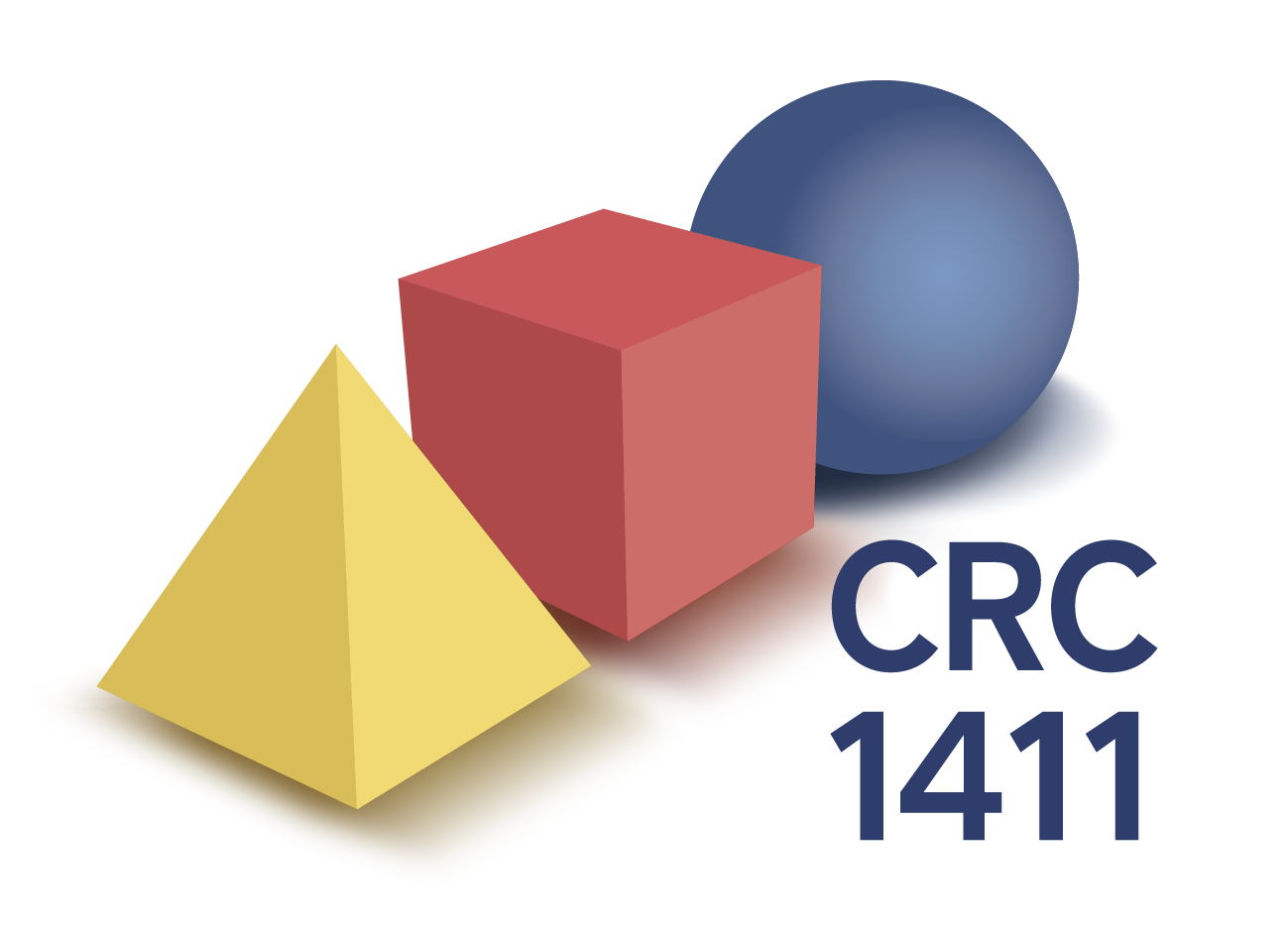Programme Details
In order to successfully complete the programme iRTG-PartSciTech members must, in addition to submitting, defending and depositing their doctoral thesis according to the examination regulations of their faculty, satisfy the following requirements:
- Author of at least two publications (at least one as first author) related to the doctoral project in an ISI Web of Knowledge-indexed journal. Linked data must be deposited in openBIS and comply with the FAIR principle by being made accessible in a public data repository such as Zenodo
- Attend the CRC 1411 lecture cycle, the iRTG summer or winter schools and at least one semester lecture course from a different department (with confirmation of participation)
- Participate in CRC 1411 monthly seminars, annual retreats, international symposia and at least one methodologies workshop
- Attend data management training sessions (attendance registered in INF project) and deposit substantial data from doctoral project in openBIS
- Attend one training seminar on good scientific practice and all CRC 1411 seminars on equal opportunities, gender and diversity.
- Assist in CRC 1411 outreach activities (contributions registered in Ö project).
- Extended research stay abroad (min. 1 month)
- Actively attend an international conference (oral presentation/poster)
- Handle a third party / industry funded project
- Draft a proposal for a third party / industry funded project
- Publish an additional publication as main author
- (Co-)Organisation of a workshop, symposium etc.
- Concept development for a science fair (e.g. ACHEMA, POWTECH) presence or outreach event (e.g. Lange Nacht der Wissenschaften)
- Active participation in teaching: hold an exercise or lab course; or take over the ‘technical mentoring’ of a master’s project
- Participation in one or more key qualification course(s) of the iRTG-PartSciTech, GS EAM, FAU GC, etc., to promote leadership qualities
- Social mentoring of (younger) fellow doctoral researchers (‘buddying’)
- Support for a guest scientist from abroad
- Role in a students’ board, university commission, as students’ advisor, GS EAM Representative, etc.
- Participation in one or more key qualification course(s) of the iRTG-PartSciTech, GS EAM, FAU GC, etc., to promote social and/or communication skills
- Participation in a Scientific English course
- For foreigners: Advanced German language course
General Requirements
- Author of at least two publications (at least one as first author) related to the dissertation in an ISI Web of Knowledge-indexed journal
- Attend at least three lecture courses during doctoral work (with confirmation of participation) from the four iRTG-PST focal subjects
- Participate in CRC 1411 monthly seminars, annual retreats, international symposia and at least one methodologies workshop
Scientific skills (2 required)
- Extended research stay abroad (min. 1 month)
- Actively attend an international conference (oral presentation/poster)
- Handle a third party / industry funded project
- Draft a proposal for a third party / industry funded project
-
Publish an additional publication as main author
Leadership/Organisation Skills (2 required)
- (Co-)Organisation of a workshop, symposium etc.
- Organisational participation in a science fair presence or research communication event (e.g. Lange Nacht der Wissenschaften)
- Active participation in teaching: hold an exercise or lab course; or take over the ‘technical mentoring’ of a master’s project
- Participation in one or more key qualification course(s) of the iRTG-PartSciTech, GS EAM, FAU GC, etc., to promote leadership qualities
Social and Communication Skills (2 required)
- Social mentoring of (younger) fellow doctoral researchers, in particular from abroad (‘buddying’)
- Support for a guest scientist from abroad
- Role in a students’ board, university commission, as students’ advisor, GS EAM Representative, etc.
- Participation in a social research communication event (e.g. Lange Nacht der Wissenschaften, Department events)
- Participation in one or more key qualification course(s) of the iRTG-PartSciTech, GS EAM, FAU GC, etc., to promote social and/or communication skills
- Participation in a Scientific English course
- For foreigners: Advanced German language course

Each doctoral researcher participating in iRTG-ParSciTech will have two co-mentors, usually CRC 1411 PIs. Typically their first mentor will be the PI of the subproject to which they contribute. The co-mentor may be, but not necessarily, a close collaboration partner within CRC 1411. The purpose of the co-mentor is not to provide detailed technical supervision but rather act as an external observer who can offer objective support and motivation to the candidate and help them recognise the wider context of their project. For each doctoral researcher, the mentoring arrangements, research objectives, timeline, and further details of the individual qualification programme (e.g. planned lecture course attendance) are enshrined in a mutually binding supervision agreement.
To ensure the smooth running of doctoral projects, the researchers are encouraged to hold twice-yearly meetings with their mentors at which they present their progress, indicate which milestones have been met and establish a realistic plan for tackling remaining open questions and challenges. In the latter stages of the doctorate these meetings turn their attention towards dissemination activities and planning of the dissertation.
To ensure the smooth running of doctoral projects, the researchers are encouraged to hold twice-yearly meetings with their mentors at which they present their progress, indicate which milestones have been met and establish a realistic plan for tackling remaining open questions and challenges. In the latter stages of the doctorate these meetings turn their attention towards dissemination activities and planning of the dissertation.

